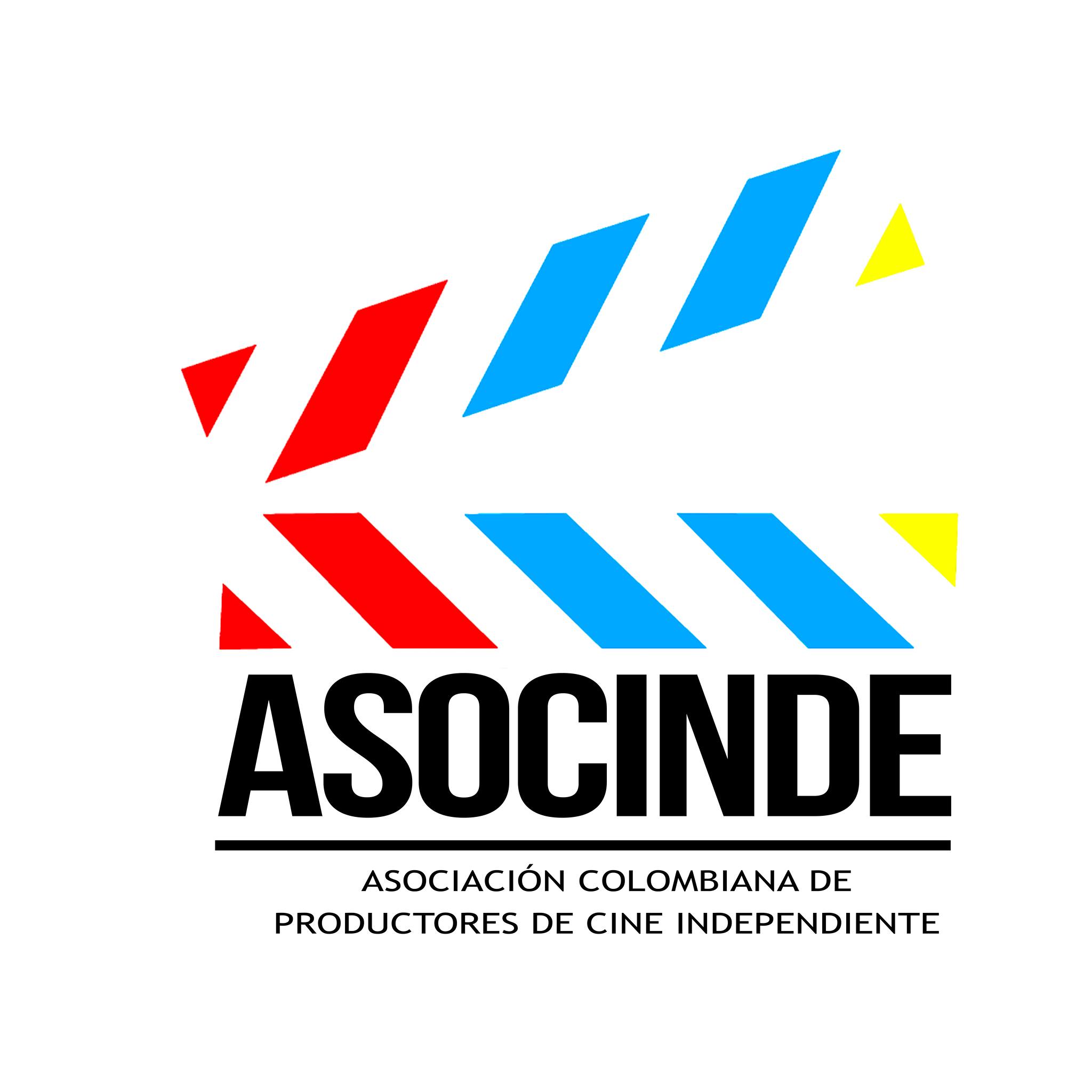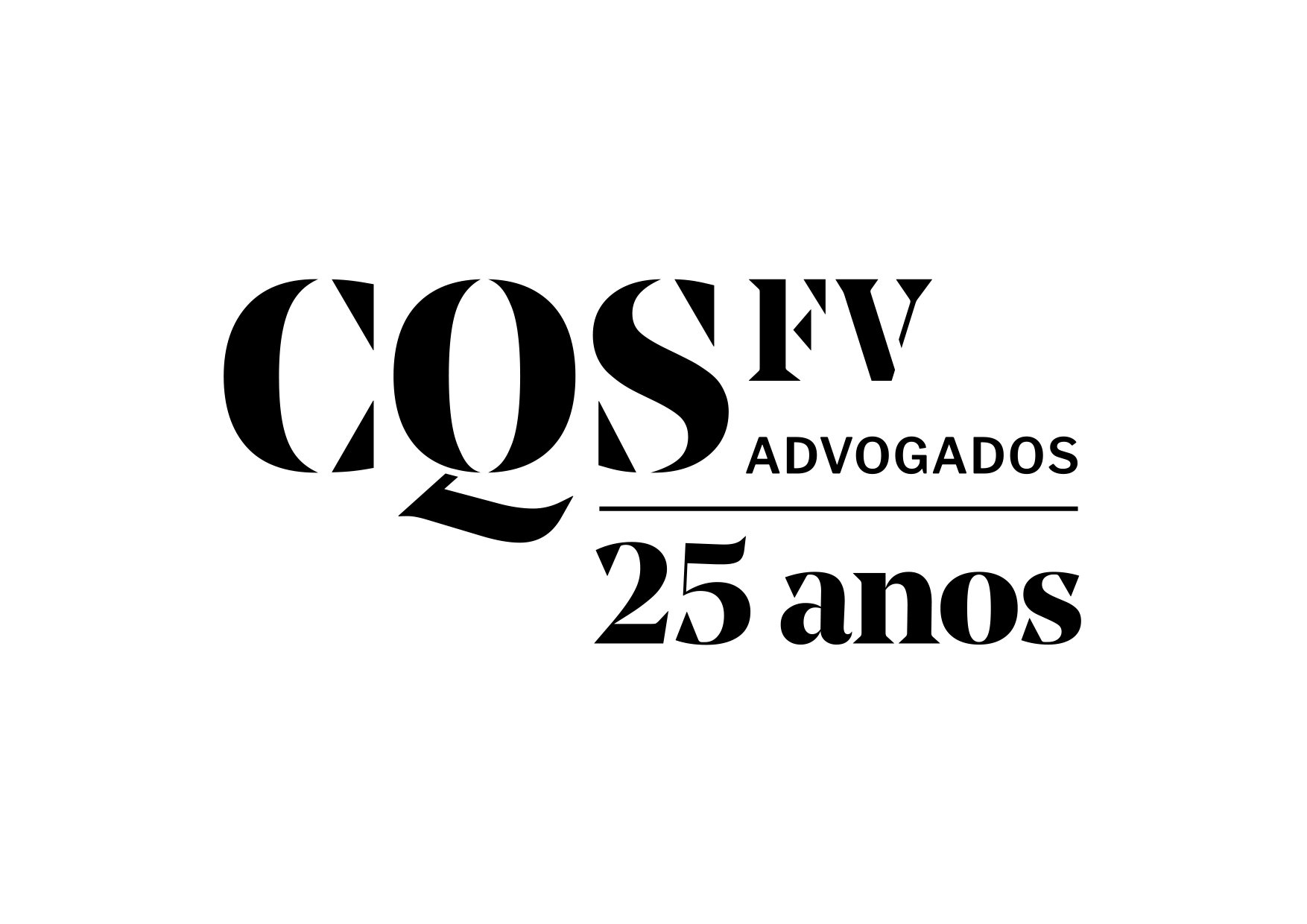In his new article published on May 4 in the “Revista de Cinema,” Steve Solot, President of Latin American Training Center-LATC and Executive Director of the Brazilian Film Commission Network-REBRAFIC, comments the organization model of film commissions in Mexico. According to Solot, the Mexican model is aimed at providing a legislative framework to promote the general development of the film and audiovisual industry. The new research on the nature and formats of film commissions in Mexico has also inspired a similar study to be undertaken in Brazil by REBRAFIC.
A Regulatory Framework for Film Commissions in Brazil: The lesson of Mexico
by Steve Solot
A Film Commission, the internationally recognized denomination for an Audiovisual Support Office, in addition to offering free services, logistical support and facilitation of filming permits for all types of audiovisual content, is aimed at providing efficient support to producers and promoting the city or state as privileged filming destinations.
At present, according to information of the Brazilian Film Commission Network – REBRAFIC, there are 25 film commissions spread throughout the five regions of the country, including nine formally established FC’s and sixteen in the process of implantation. All of them contribute to the development of the audiovisual industry and generation of jobs.
The leading Brazilian producer associations are all represented on the REBRAFIC Advisory Board. They are: Independent Brasil Audiovisual – BRAVI, the Interstate industry Audiovisual Union – SICAV, the Audiovisual Industry Union of the State of São Paulo – SIAESP, the Brazilian Association of Producers of Audiovisual Works – APRO, the Cinema Foundation of the State of Rio Grande do Sul and the Cinema do Brasil Program.
Nevertheless, the film commission sector has not yet obtained any formal recognition by the federal government regarding its activities and role in the Brazilian audiovisual industry. In fact, there were various timid initiatives during the past decade by Ancine and Itamaraty to support the activity, and the support offices for foreign audiovisual productions in Brazil were included in the “2012-13 Audiovisual Plan of Directives and Goals” published by Ancine. However, in the April 2017 publication of the Results of the Ancine Regulatory Agenda 2015/2016, there is no reference to film commissions.
The case of film commissions in Mexico is relevant to the extent that it offers a different perspective. The Mexican Film Institute (IMCINE) created the first National Film Commission (Conafilm) 22 years ago, and since then, more than 33 municipal and state film commissions were created and have been maintained.
Thus, in both Mexico and Brazil, the film commissions are state or municipal entities, and despite different focuses according to the entity to which they belong, such as tourism, development, culture, or economy, the fundamental criteria for their functioning is that they are non-profit government agencies, and their primary objective is to promote the audiovisual and film sector, and to attract national and foreign investment, and to promote audiovisual infrastructure. In addition, they must be able to regulate the use of public roads and spaces or, depending on each case, coordinate and administer them, together with the corresponding authorities, such as local police, the traffic control agency, firemen, civil defense, etc.
In order to investigate the current legal, institutional and financial situation of the county’s film commissions, the Mexican Film Commission (Comefilm) researched 32 states, which revealed the fragile situation of these film offices:
– There are 35 offices operating in the country: a national film commission, 31 state offices and 3 local offices, of which only 11 are official film commissions;
– 62% are involved with the tourism sector, 14% with culture, 7% with economy, and the others with various sectors;
– 24% of the states in which film commissions operate are grounded in specific legislation;
– 63% do not have a guaranteed annual budget;
– The majority are not authorized to issue filming permits, which reduces their activities to simple management and promotion;
– More than half do not incentives to attract investments.
The results of the research reinforce the efforts of the Mexican Film Commission Network to seek a legislative framework, with the support of IMCINE, to provide for the country’s general development of the film and audiovisual industry. As part of its efforts to support film commissions in Brazil, REBRAFIC will follow Mexico’s example with a research project of its own.
Unlike Mexico, in Brazil, the film commission sector does not yet have a commitment of support by the federal government regarding its role in the Brazilian audiovisual industry and the benefits of economic development and job creation it provides.
In the meantime, REBRAFIC continues its efforts to ensure a high standard for its member film commissions in their support for national and international producers. It also represents its members in trade fairs and international markets, as well as in events such as the recent global film commission meeting, the AFCI Locations Global Production & Finance Conference, which took place April 6-8 in Los Angeles.
Originally published (in Portuguese) in: Revista de Cinema.












